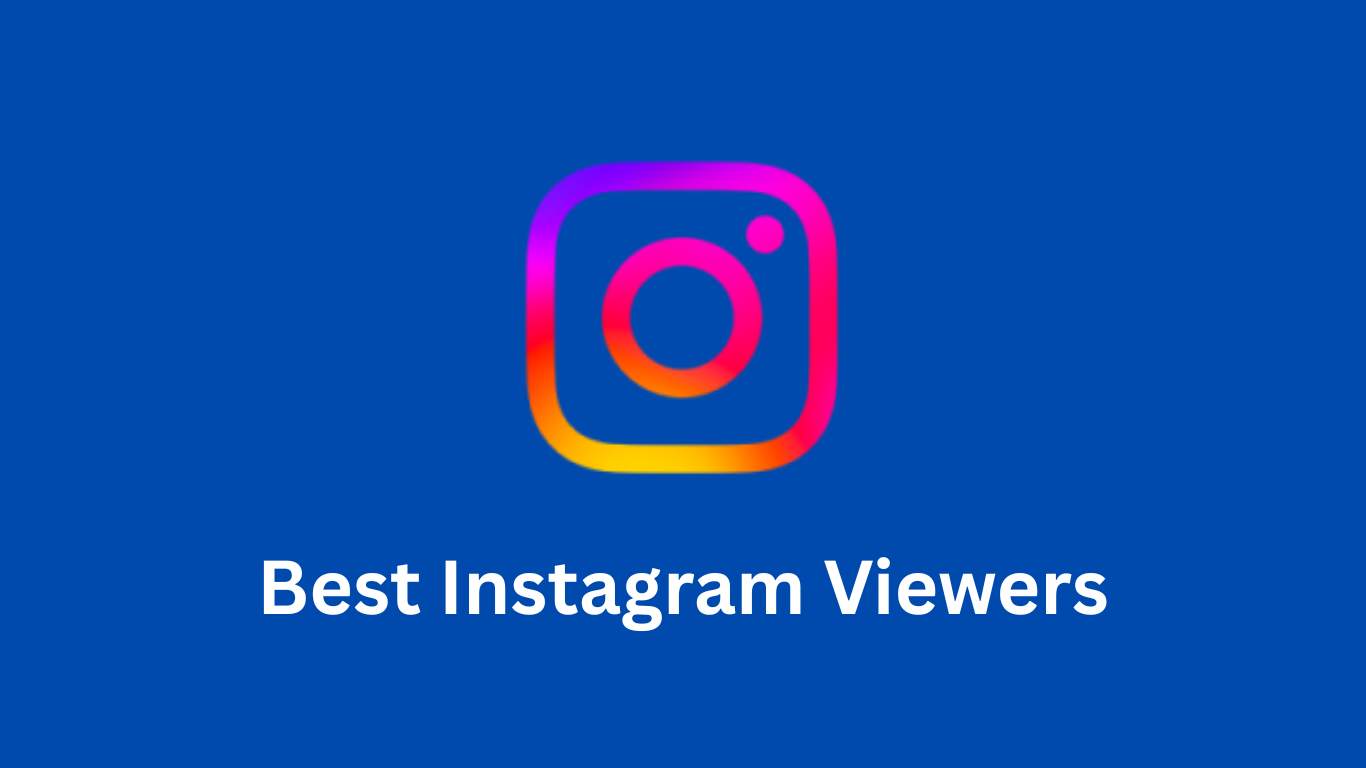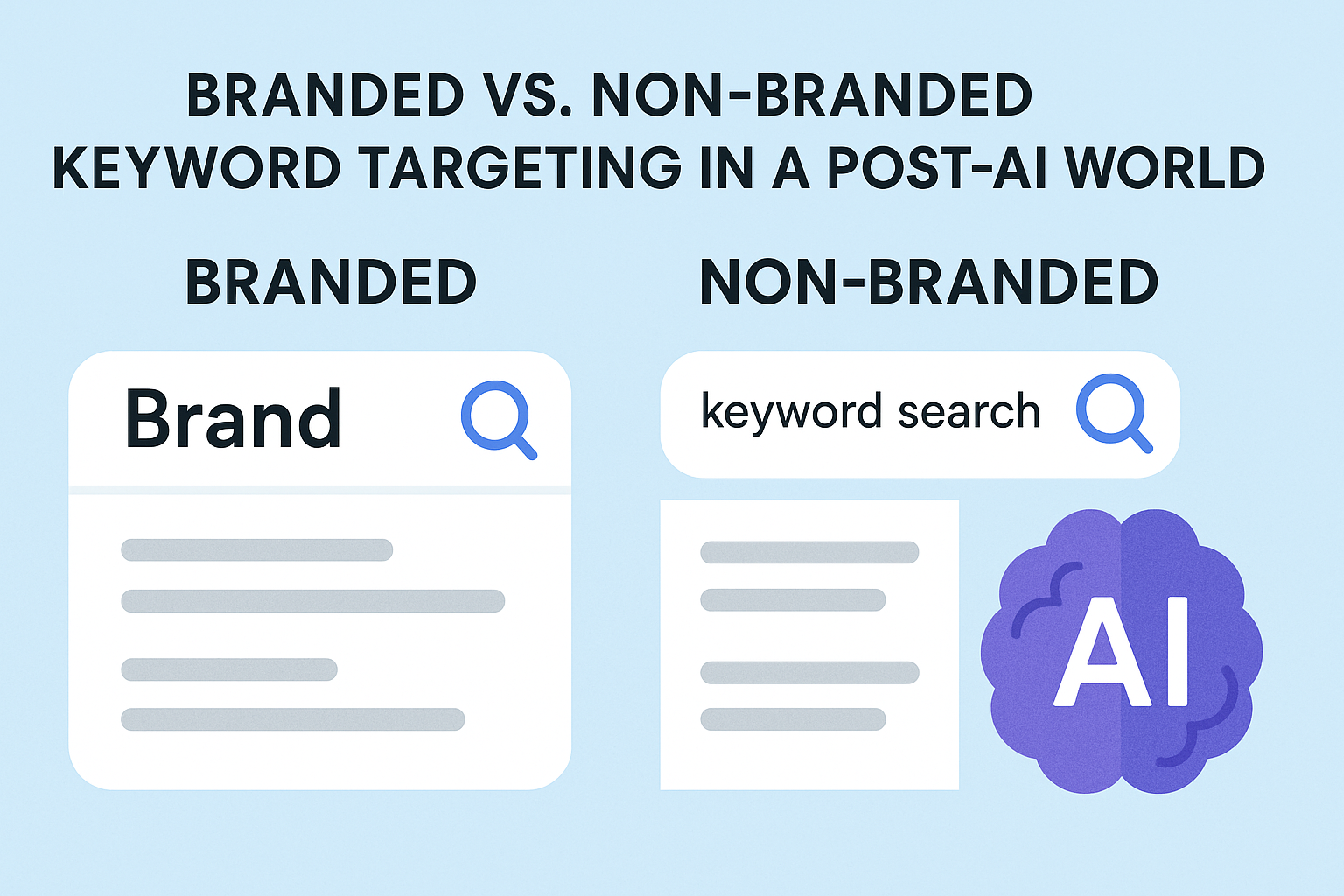Online marketing has a bad reputation. It’s often too complicated, too expensive, or simply doesn’t work for your coaching business. But there’s another way: SEO marketing. SEO is the practice of using search engine optimization to make sure that customers find you when they’re looking for coaching services in your town.
If you’ve read some of our previous articles about how to set up an eCommerce website or build a blog then you’re already familiar with these foundational principles of digital marketing – and this article will show you how it applies specifically to coaches and their businesses.
In this guide, we’ll cover everything from keyword research, content strategy, and link building (the holy trinity of successful digital marketing) through staying up-to-date on Google algorithms and trends by following industry experts like Rand Fishkin at Moz or Neil Patel at KISSmetrics.
Define your keywords
No matter what your goals are, the first step is defining them. The problem with “I want to lose weight” is that it’s too vague and fails to set any kind of timeline or expectation for success. Instead of worrying about what other people’s goals are and how they might compare to yours, consider this:
If you’re looking for a tangible fitness goal (e.g., losing 10 pounds within six months), consider whether something like that can be achieved through consistent exercise alone. If not, then it’s time to look at how food might play into your success story.
Build your website
The first thing you need to do when it comes to SEO for a coaching business is building your website. This can seem like a daunting task, but we’re here to help you get started with some simple tips:
- Make sure the site is easy to navigate
- Ensure that it’s mobile-friendly
- Use visuals and have a clear call to action at the top of every page
- Optimize all content so that search engines can pick up what words are being used, ensuring they’re relevant in relation to your industry or service offering
Use your keywords
Keywords are what people search for online. They’re also what Google uses to determine relevance. As a result, they’re the foundation of SEO.
When you create a website, your keywords should be in your title tags and heading tags (H1s) as well as within the content on each page. This helps Google understand what your business is about and why it’s important to users who are looking for information related to those topics or services you offer.
Link out to relevant sites
Linking out to relevant sites is a great way to share information, build relationships, and increase your overall search engine visibility.
When linking out, the most important thing is that you link to other sites that are relevant to your business and have an audience similar in size and makeup as your own. If they don’t meet these criteria, then it’s unlikely that you’ll get much traffic from those links.
Make sure the site you’re linking out to is trustworthy (a quick way to do this is by checking their Domain Authority) and has content that’s directly related or complementary to yours. For example: if you run a coaching business, linking out only makes sense if they have some kind of content on coaching available online!
Post content regularly
Post content regularly.
It is important to post on a regular basis in order for your website to rank well and stay visible on search engines. Posting frequency depends on your audience, but once a week is usually a good starting point.
When choosing what to write about, take into account what people are looking for when they search for terms that relate specifically to your business or industry, as well as what you know will be relevant based on where you want to go with it (e.g., if you want people seeking out information about coaching education programs).
By finding out what’s already being talked about within the circles of interest relevant to your work, you’ll have an easier time coming up with ideas without having them feel generic or stale—and those who may not yet follow along closely will still find value in these posts because they provide unique perspectives relative to other coaches.
Keep up with Google’s algorithm updates
Google is always changing its algorithm. This is a good thing! Google updates aim to improve the user experience, which is especially important on mobile devices where space and speed are limited. Google updates can also help keep your site secure so you don’t run into issues with website malware or hacked sites.
These changes are important for SEO because they affect how search engines rank websites in their results pages and what content they prioritize based on relevance to specific queries (or searches). If you want your coaching business’ website to rank higher in search results, it’s important that you keep up with these updates by understanding how they work and making sure that your site stays relevant according to them.
Stay up-to-date on SEO news in your industry
Google is constantly making updates to its algorithm, which can have a dramatic impact on your search engine rankings. As an SEO expert, you should stay up-to-date on the latest news in your industry and how it affects SEO strategies.
Coaches who understand how to properly optimize their sites will see dramatic results
Whilst SEO can be a long-term strategy, it is certainly not about getting a quick fix.
SEO is about creating a sustainable business that will be there for as long as your clients need it.
It’s about creating long-term value for your business and ensuring that you are visible to the right people at the right time in their search journey.
Here are some of the commonly asked questions about SEO:
What are the best types of SEO keywords to use for coaching businesses?
- Relevant keywords
- Specific keywords
- Long tail keywords
- Easy to read and remember
- Related to your niche and target audience
Why is SEO important for coaching businesses?
SEO is a great way to bring in more traffic, drive more leads, and increase conversions.
Let’s take a look at why SEO is so effective for coaching businesses:
- It helps you reach your target audience:- With SEO, you can reach the people who are most interested in what you have to say by targeting keywords that they search for on Google or Bing. Your site will show up when these people are looking for information that matches your expertise. This means that when they do find it (and if they like what they see), it’s much easier for them to contact you directly because there’s no need for them to go through any other steps like calling up their local directory service or typing out an email address into their browser bar before seeing who exactly they’re trying to reach out to – all thanks to the power of search engine optimization!
- SEO builds trust and credibility:- Any skilled SEO wants to lay a solid foundation for a stunning website with a simple, effective user experience that can be easily found in search thanks to the credibility and trust of the brand and its online properties. Establishing authority with regard to search engines like Google involves many factors.
- Understanding the voice of your ideal client:- SEO reveals what customers want and need by helping us understand macro market shifts and consumer intent in great detail. We receive clear signals of user behavior and intent from SEO data and formats, whether spoken or written.
- Better user experience:- Every marketer now places the highest priority possible on the user experience. Everyone aims for higher organic rankings and the broadest exposure. Few understand, though, that achieving the best user experience is crucial to getting there. A positive user experience has emerged as a crucial component of a website’s success because Google has figured out how to interpret a good or unfavorable user experience. Marketers across all sectors will need to follow Google’s Page Experience Update as part of their ongoing commitment to the customer experience.
What keyword research is required?
Keyword research is an integral part of SEO. It’s the first step in identifying what people are looking for online and, therefore, what your business needs to be known for. The keywords you choose will affect how many people find your website when they search for that keyword or related terms.
The term “keyword” can mean different things depending on who you ask—some say it’s just a word, some say it’s an exact phrase of words in a search engine, and others make fine distinctions between these definitions. For our purposes here on this page, we’ll use the broadest definition: any word or group of words people might type into Google or another search engine to find something they’re looking for online (including brand names).
For example: If I type “coaching” into Google, Google gives me results that include both coaching businesses’ websites as well as articles about coaching topics (such as how to get more clients). But if I type “how to coach,” only relevant articles appear in my results—no business websites do (yet!).
Is blogging helpful for SEO for a coach?
Yes! Blogging is a great way to build trust and authority with your audience. It’s also a great way to create content that is easy to share on social media, which can help increase your reach and make it easier for people who are searching for you online to find you.
Blogs can be used as a way to rank for local keywords, which is important because coaching business owners tend to have more local clients than business owners in other industries.
And finally, blog posts can be used as a way of building links back up to the main site of your website or landing page (the homepage of an individual web property). This will help improve the rankings of those pages in search results over time!
Does social media help with SEO for coaching businesses?
Social media can be very effective in helping you grow your coaching business. Through social media, you can:
- Get more traffic to your website. A strong presence on Facebook, Twitter, and LinkedIn will help drive more traffic to your website with organic search.
- Build your brand or reputation as a coach. Social media is all about building relationships and connections with potential clients who may like what you offer and want to work with you as their coach. By connecting with people in the same industry, sharing content related to coaching, speaking at events, and attending professional networking events (like mastermind groups), it’s easy for people who are looking for coaches in general or head hunters looking specifically for coaches to find out about you when they’re searching online.
- Connecting with potential clients online helps build relationships that could lead to getting hired as a client one day!
Conclusion
In conclusion, SEO is an essential part of any successful business’s marketing strategy. With the right approach and by following these simple steps, you can establish and grow your coaching business with ease.

The Search Engine Cage team is on a mission to educate entrepreneurs. We make things easier for the small business owner, by writing articles that help them to understand SEO and Digital Marketing.







